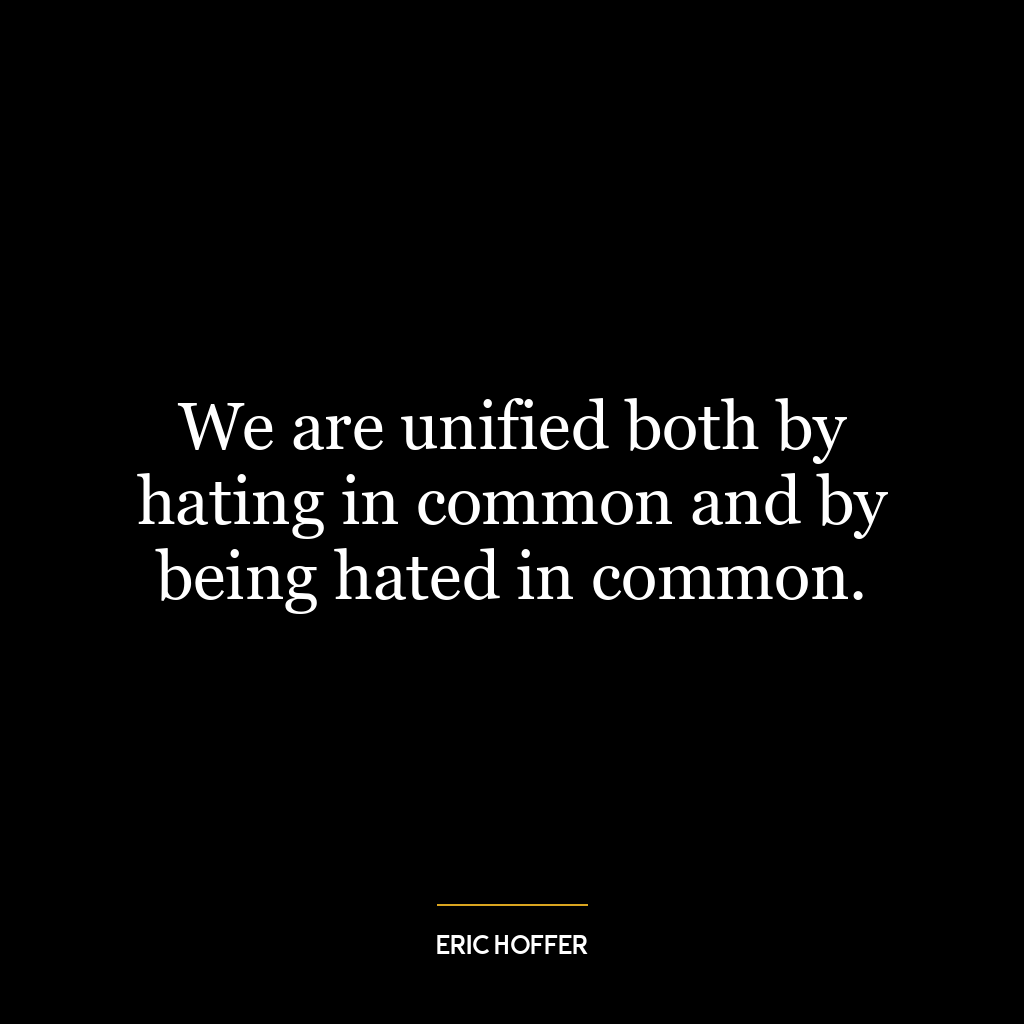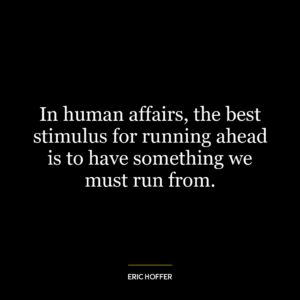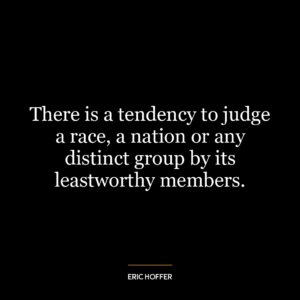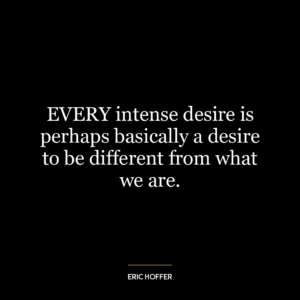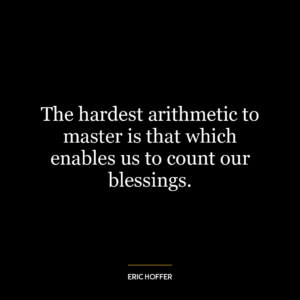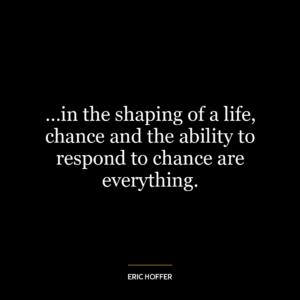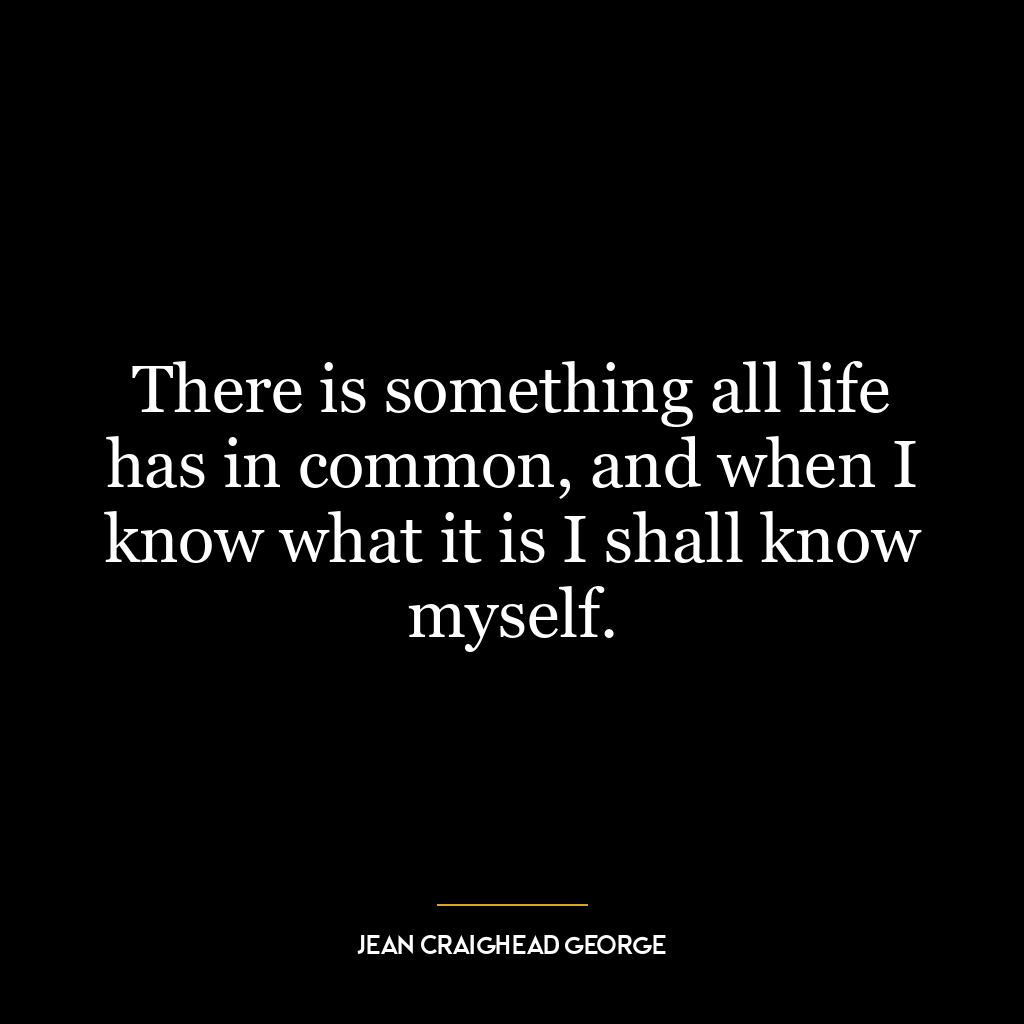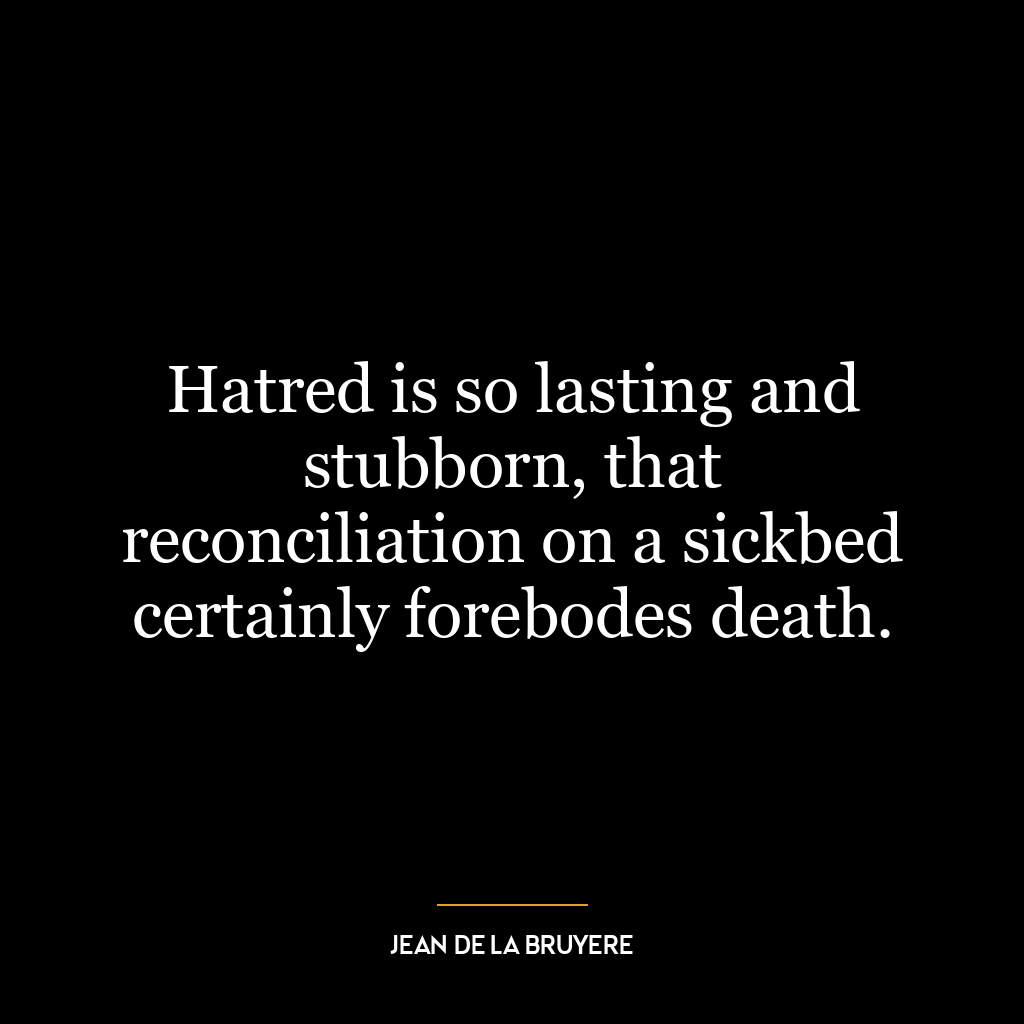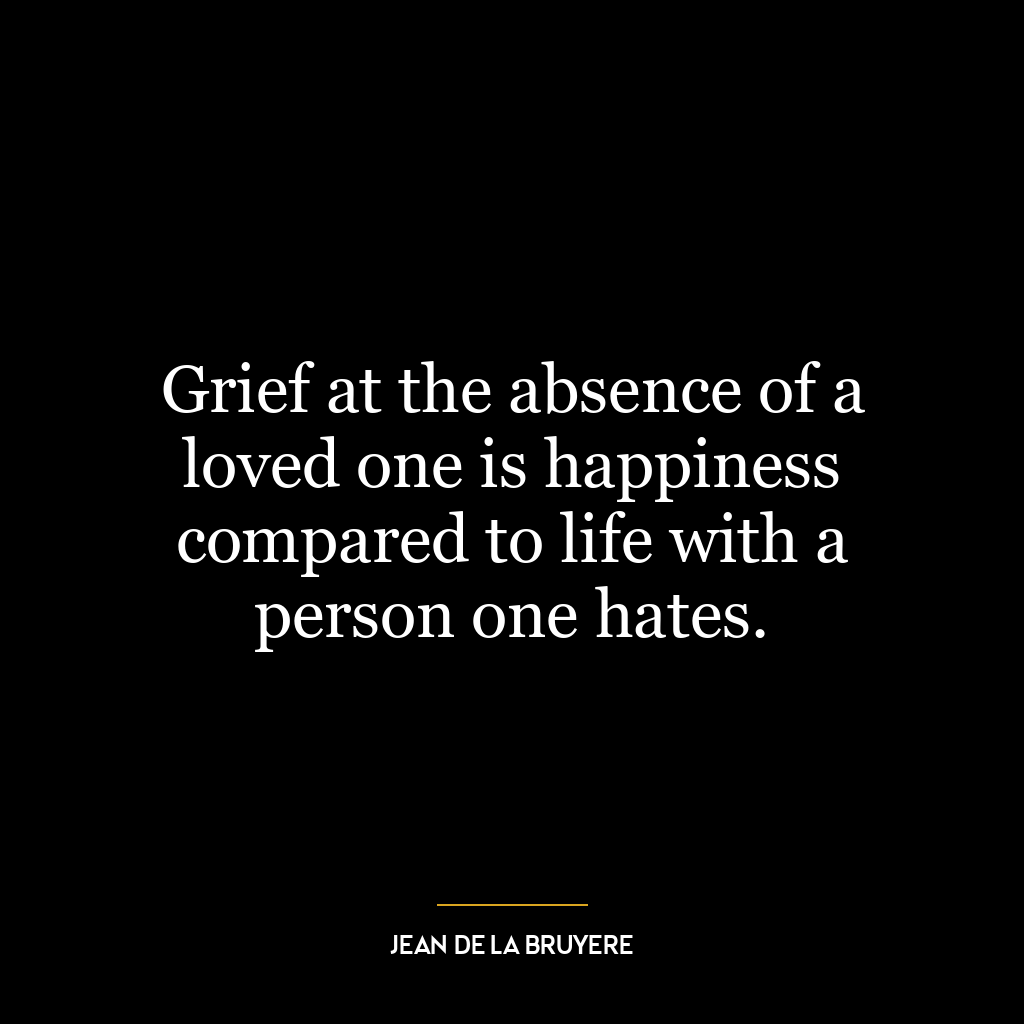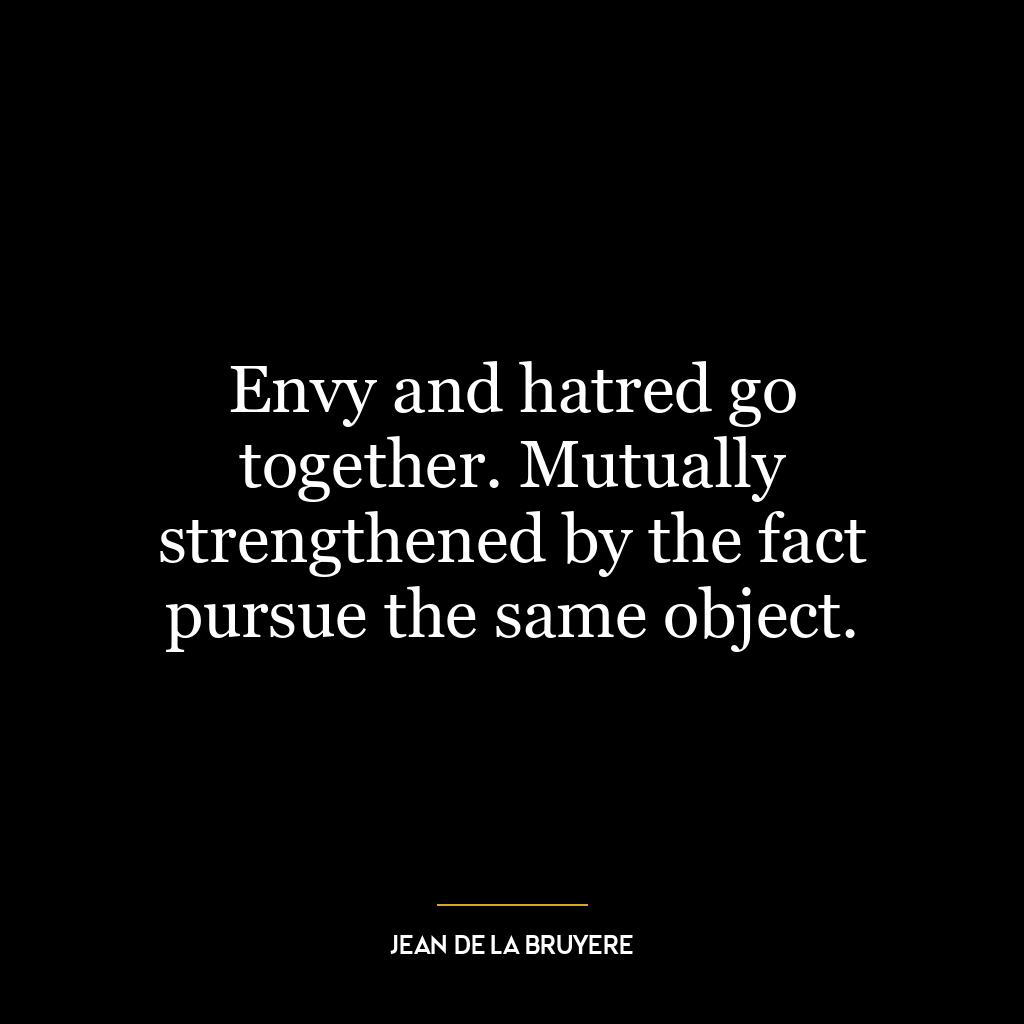We are unified both by hating in common and by being hated in common.
This quote, “We are unified both by hating in common and by being hated in common,” is a reflection on the power of shared emotions, particularly negative ones, to bring people together. It suggests that shared hatred or animosity towards something or someone can create a bond between people. Similarly, if a group of people are commonly disliked or hated by others, they may find unity in their shared experience of being ostracized or persecuted.
This concept is often seen in the formation of various groups or communities. For example, political factions often unify around shared disdain for a particular policy or leader. This shared hatred becomes a common thread that ties them together, fostering a sense of unity and camaraderie. On the other hand, if a group of people are universally hated or discriminated against, they may band together in response to this shared adversity, forming a unified front against those who oppose them.
In the context of today’s world, we can see this concept play out in various social, political, and cultural dynamics. For instance, social media platforms often serve as gathering places for people with shared dislikes or grievances. These platforms can foster a sense of unity and solidarity among people who may otherwise feel isolated in their views or experiences.
In terms of personal development, this quote can serve as a reminder of the power of shared emotions and experiences. It can encourage us to seek out others who share our struggles or passions, fostering a sense of unity and mutual support. However, it also serves as a cautionary note about the potential dangers of bonding over negativity. While shared hatred can create a sense of unity, it can also foster a toxic environment of hostility and resentment. As such, it’s important to seek unity in positive shared experiences and values, rather than in shared animosity or hatred.

